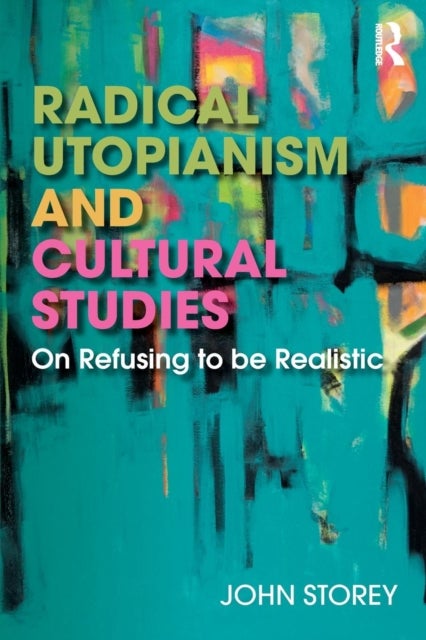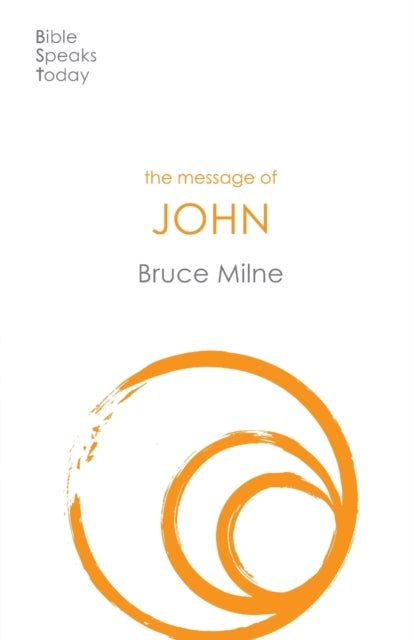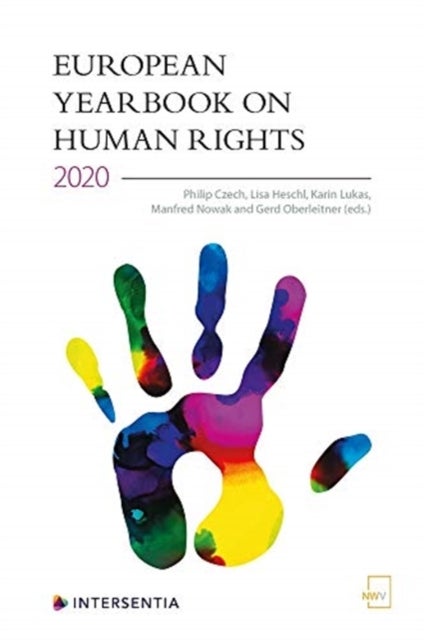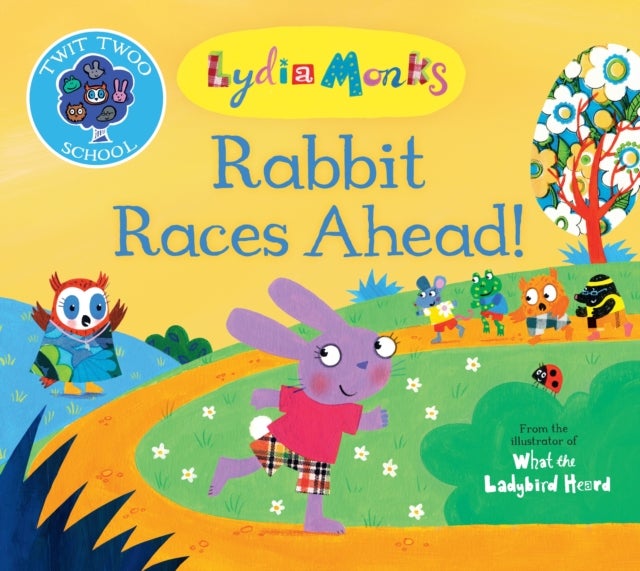
Radical Utopianism and Cultural Studies av John (University of Sunderland UK) Storey
479,-
<P>In <I>Radical Utopianism and Cultural Studies</I>, John Storey looks at the concept of utopianism from a cultural studies perspective and argues that radical utopianism can awaken the political promise of cultural studies. </P><P></P><P>Between the <I>Preface </I>and the <I>Postscript</I>, there are seven chapters that explore different aspects of radical utopianism. The book begins with a definition of what radical utopianism means, with its productive combination of defamiliarization and desire. From there, it considers Thomas More¿s invention of the concept of utopia with its double articulation of <I>what is </I>and<I> what could be</I>, Herbert Marcuse¿s utopian rereading of Sigmund Freud¿s concept of repression, Gerrard Winstanley and the Diggers, the Paris Commune, and the Haight-Ashbury counterculture. In the final chapter, Storey examines two versions of utopian capitalism: retro and post. Although the main focus here is on Donald Trump¿s presidential el








